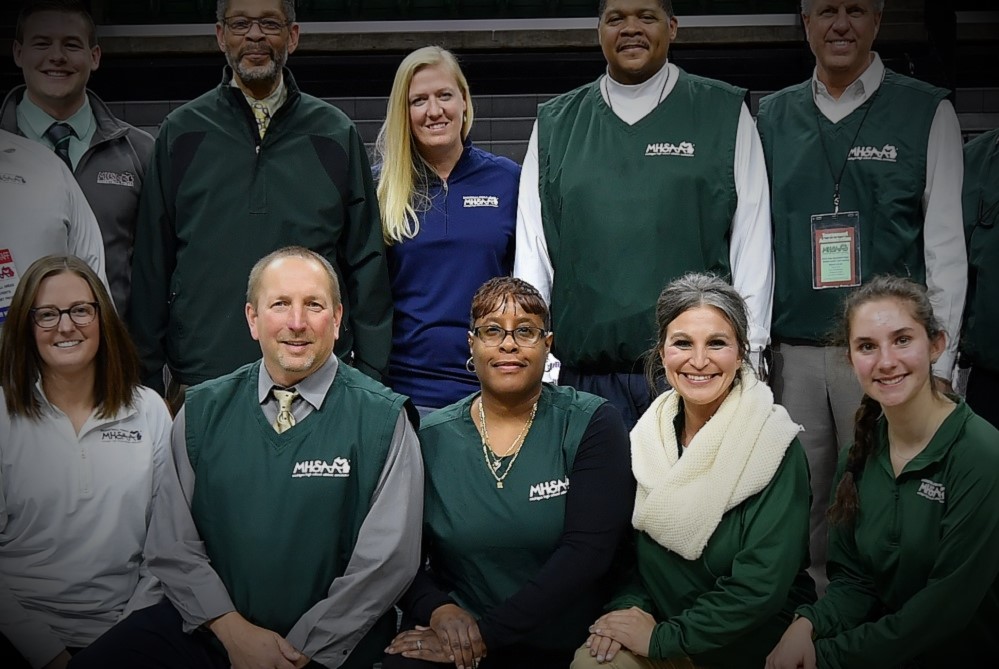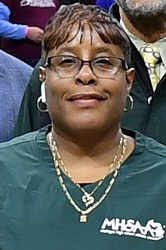
Program Priorities
January 10, 2014
Many school districts face more requests from their constituents for sports programs than they have the resources to accommodate, so they are forced to make very difficult decisions. For three decades, when I’ve been consulted, I have offered and stood by this advice.
First, I advance the premise that if the activity is educational, there is just as much potential for the education to occur at the junior high/middle school and subvarsity levels as at the varsity level. Just as we would not discriminate against one race or gender, we should not disadvantage one age or ability level. In fact, with a little less pressure to win, it is likely to see more education at subvarsity levels and more reason to sponsor them.
Second, I advocate the position that schools should avoid sponsorship of any activity for which a qualified head coach cannot be secured. Qualified personnel are, in order of priority:
-
a teacher within the building who has current CPR certification and completed CAP.
-
a teacher within the district who has current CPR certification and completed CAP.
-
a teacher in another district who has current CPR certification and completed CAP.
-
a certified teacher from the community who has current CPR certification and completed CAP.
-
a non-certified person who has current CPR certification and completed CAP.
I urge schools not to descend lower than this for program leadership. Coaches are the delivery system of the education in educational athletics; they are the critical link in the educational process. More problems occur than are worth the effort if the program is in the hands of an unqualified coach.
Next, I urge that schools rank sports on the basis of cost per participant, and give higher priority to sports that spread funds over the greatest number of participants.
Next, I urge that schools place lowest in priority the sports that cannot be operated on school facilities and create transportation, supervision and liability issues, and give higher priority to those conducted at or very near the school.
Next, I urge that schools place lowest in priority the sports which are most readily available in the community, without school involvement. If resources are precious, then duplicating school programs should be a low priority; doing what the community can’t do or doesn’t do should be given a much higher priority.
While I’m a fan of school sports, I recognize that an athletic program has as much potential to do harm as to do good. Programs without qualified coaches that are conducted for small numbers of students at remote venues and without comprehensive school oversight and support may create more problems for schools than the good they do for students.
Bare bones budgeting will require brutally honest assessments based on priorities like these.

In Memoriam: Brenda Henry (1967-2021)
By
Geoff Kimmerly
MHSAA.com senior editor
April 30, 2021
Brendaettie “Brenda” Henry, a dedicated academic and athletic presence at Detroit Western International High School for more than three decades and an integral member of the tournament management staff annually for the MHSAA Girls & Boys Basketball Finals at Breslin Center, died unexpectedly April 21.
Henry had served on staff at Western since 1989, most recently as an academic interventionalist in charge of working with seniors and getting them scholarships, and she also oversaw Western’s night school IMPACT (formerly Second Chance) Program that assists high school students with credit recovery.
 She also had served as Western’s athletic director for four years and coached volleyball, basketball and track & field, and she was a registered MHSAA basketball official for 14 of the last 16 seasons.
She also had served as Western’s athletic director for four years and coached volleyball, basketball and track & field, and she was a registered MHSAA basketball official for 14 of the last 16 seasons.
Every winter for nearly 15 seasons, Henry’s educational service extended to her MHSAA basketball family as she contributed to championship weekends at Breslin and previously Eastern Michigan University.
“Brenda had a huge heart for people, and that’s why she was such a valuable part of our basketball tournament staff for so many years,” MHSAA Executive Director Mark Uyl said. “She was a huge reason the Breslin experience has been special for so many people.”
Henry, an alum of Detroit Northern High School, worked in Detroit Public Schools for more than 35 years total. She also was a sign language interpreter and active part of her church community.

